How do 'Book Now, Pay Later' flights work?
Book Now Pay Later (or Fly Now Pay Later) is a payment method that spreads the cost of flight bookings, often in instalments. Discover which airlines accept it.

In a time when it’s possible to pay remotely using your smartphone and borrow money online, the need for a bank account is becoming less and less necessary. Here are five ways to integrate some sanity into your banking routine.
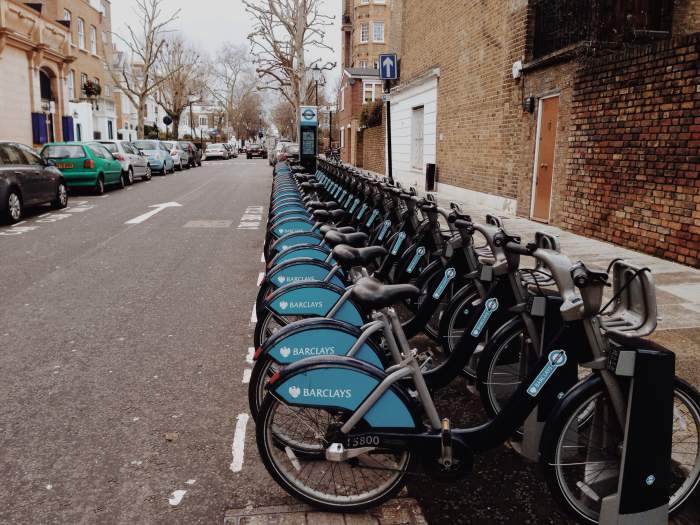
Three of the big online players are working to revolutionize online payments: Google, Amazon and Paypal are now taking financial transactions to the physical world. Google recently introduced a prepaid debit card for its Google Wallet, which lets users put cash on their phones to spend in store and online. With Near Field Communication (NFC) technology, top of the line Android phones serve as contactless payment cards. Paypal, one of the most popular alternative payment service among online buyers recently entered the mobile payment space with its new card reader. Coming up right behind PayPal is the online merchant behemoth with Amazon Payments that allows for a seamless payment scheme from your own Amazon account.
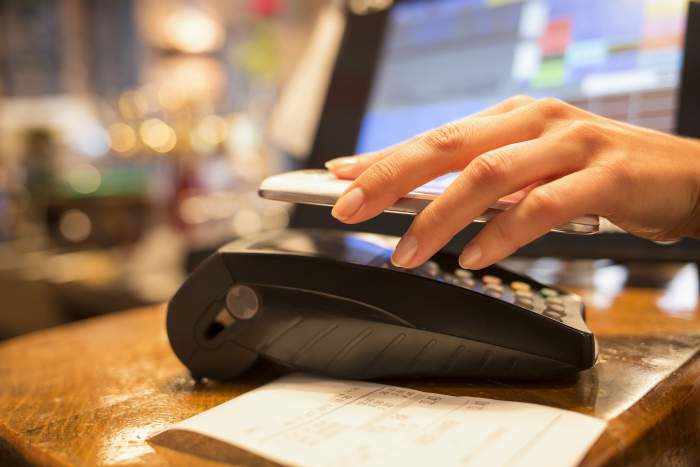
Cutting out any institutionalized involvement altogether, you could start collecting a Bitcoin fortune. What is essentially just chunks of data on a hard drive, its one of the first widespread, decentralized, peer-to-peer cryptocurrencies. Though the legality surrounding the rather new phenomenon is often unclear, companies like Elliptic and Coinfloor create a secure trading networks and storing places for Bitcoin. And a growing number of online and offline vendors around the world accept the cryptocurrency as a legitimate payment method.
Forget your wallet at home? Just pay for your coffee, train tickets and last minute shopping with your mobile phone. The mobile payments trend is here to stay as smartphone payment startups such as Square and Stripe are raising at billion dollar valuations. Though most of these fintech services still require a bank account, these companies are revolutionising daily payments to be both cashless and cardless. RingPay, for example, is a new digital pocket money service that allows any shop owner, non-profit or individual to use new digital pocket money to make small transactions with his or her phone.
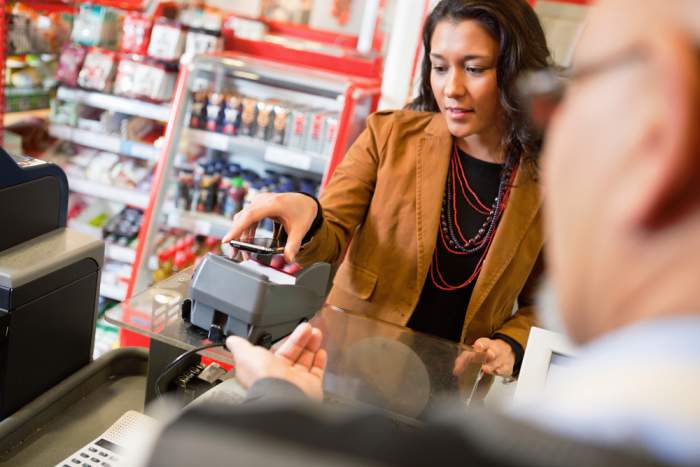
Mobile payment technology isn’t only disrupting the banking industry from within the startup world-- global corporations are catching on too. Starbucks, the world’s largest coffee-shop chain, is set to roll out a new mobile appthat enables you to order your coffee ahead of time, earn awards, and includes a “shake-to-pay” service. More than 11% of Starbucks transactions are already done through their mobile device, a number that's predicted to double in the next year. And if you're into processed meats with a side of sugary red sauce, you'll soon be able to pay for your Whopper with your smartphone, as fastfood chain Burger King has announced it will be going mobile in the next few months across the US. Meanwhile, UK mobile network operator Everything Everywhere offers a widely adopted 'Cash on Tap’ service that let's you use your phone to pay for anything under £20.
P2P platforms are helping us get closer and closer to cutting out the middleman. Want a better deal for borrowing and lending money? Peer-to-peer lending is growing fast. In Britain, loan volumes are doubling every six months. Rather than going through a bank, peer-to-peer platforms like Zopa, Funding Circle and RateSetter match the borrowers and lenders through online auctions offering much cheaper rates than banks charge. A quick scan through the AngelList and you'll find more than 60 peer-to-peer money transfer startups located around world, many of them based in London with its rising reputation as Fintech capital. These companies provide services to send money abroad without the crippling bank fees. Another great way to collect one-off payments with flat fees of 1% (capped at £2) is to use GoCardless, a direct debit service that allows for making transfers by simply providing your bank details.
Crowdfunding has, in a very short time, revolutionized the way innovative and creative ventures are funding their projects. If a cash investment is what you’re looking for, a high interest bank loan may not be the only option for you to start your business. Instead you could go for the option of crowd-funding sites like Indiegogo, Kickstarter or Kiva.

The sky really is the limit here – all you need is an innovative product, compelling story and a strategy to get a community of backers. Who knows, maybe your project will be the next Pebble smart watch, who was rejected by VCs, but walked out with $3.8 million from Kickstarter. Will we ever be able to run our businesses and personal lives without the need of a financial middleman? According to a three-year study by Scratch, 1/3 of Generation Y in the US believe they’ll be able to live their lives without institutionalized banking in the future. And nearly half of the 10,000 millennials surveyed count on new technologies to overhaul the way their current banking systems work. As these financial alternatives grow in accessibility and shed their dependence on traditional banking systems, your old school bank may naturally go the way of the dodo.

Triin is a content strategist and digital marketing specialist. She has helped to set up fast growing startups in UK and loves to write about startups, new digital marketing trends and career development. Follow her on Twitter and Google+.
*Please see terms of use and product availability for your region or visit Wise fees and pricing for the most up to date pricing and fee information.
This publication is provided for general information purposes and does not constitute legal, tax or other professional advice from Wise Payments Limited or its subsidiaries and its affiliates, and it is not intended as a substitute for obtaining advice from a financial advisor or any other professional.
We make no representations, warranties or guarantees, whether expressed or implied, that the content in the publication is accurate, complete or up to date.
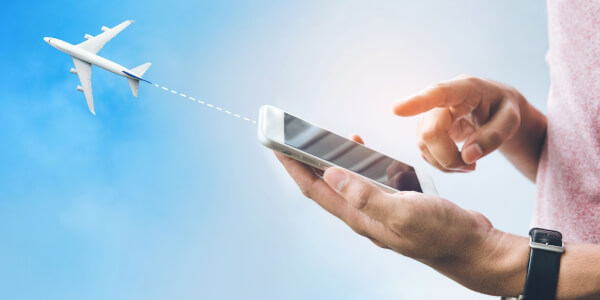
Book Now Pay Later (or Fly Now Pay Later) is a payment method that spreads the cost of flight bookings, often in instalments. Discover which airlines accept it.
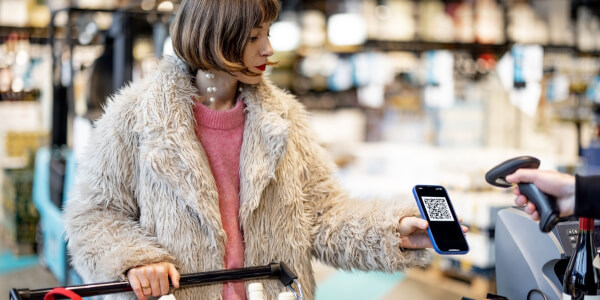
Moving to the UK? Live here already? From groceries to coffee, discover the best loyalty cards and reward schemes in the UK to make your money go further.

Read our complete guide on hiring a private jet, including costs for different sized jets, how to charter a jet and which providers to look for in the UK.

Check out our essential guide on how to use the Wise card abroad as a UK traveller, including fees, rates, security, limits and more.

Read our complete guide to getting a yacht skipper licence in the UK. Learn about different licence types, international sailing, requirements, and costs.

Check out the 21 ways you can make money online and at home in the UK today. Which one will you pick to earn some extra pounds?